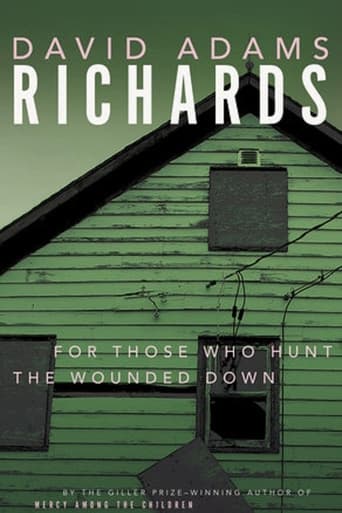


Olympia Part Two: Festival of Beauty
The Second part of Olympia, a documentary about the 1936 Olympic games in Berlin by German Director Leni Riefenstahl. The film played in theaters in 1938 and again in 1952 after the fall of the Nazi Regime.
-
- Cast:
- Jack Beresford , Adolf Hitler


Similar titles
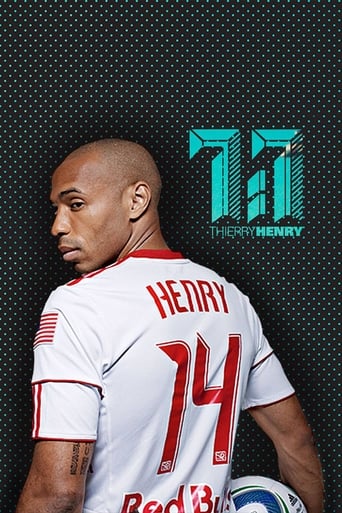

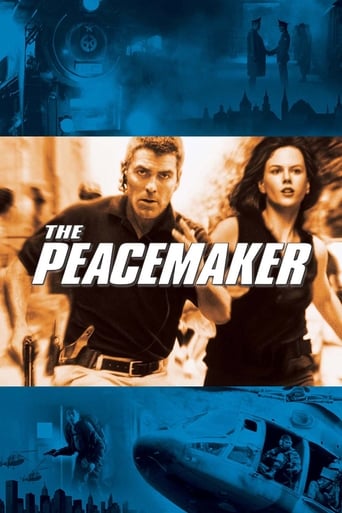
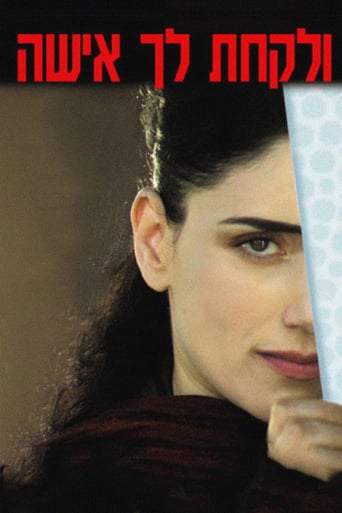
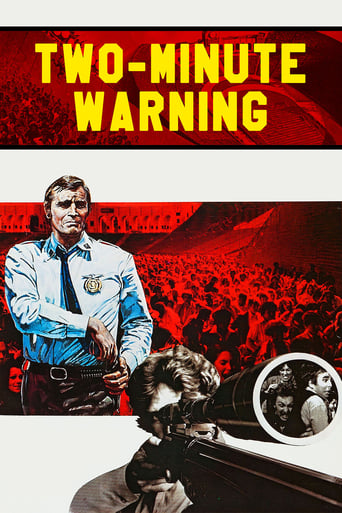
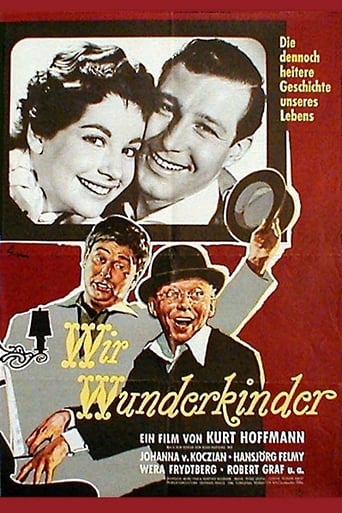
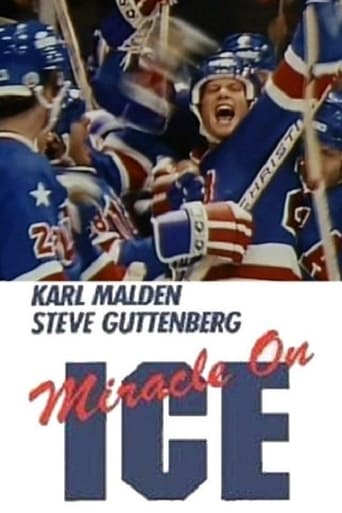
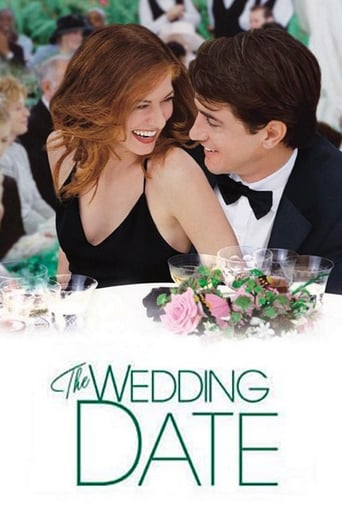
Reviews
Good films always raise compelling questions, whether the format is fiction or documentary fact.
The film never slows down or bores, plunging from one harrowing sequence to the next.
Although I seem to have had higher expectations than I thought, the movie is super entertaining.
By the time the dramatic fireworks start popping off, each one feels earned.
I found this German film in the book 1001 Movies You See Before You Die, it was made in three versions, in German, English and French, and you can watch it as a full 3 hours 26 minutes movie, or in two parts, written, directed and produced by Leni Riefenstahl (Triumph of the Will). Basically Olympia, or Olympiad, was the first documentary feature film of the Olympic Games ever made, documenting the 1936 Summer Olympics, held in the Olympic Stadium in Berlin, Germany, this was during the time of Nazi Germany, under the dictatorship of Adolf Hitler, obviously the Olympics Games of 1940 and 1944 were cancelled due to World War II. Festival of Beauty opens with images of the Olympic athletes training, stretching and relaxing, then the games continue. Commentators from around the world cover the many sporting events, the sports included in Part Two are gymnastics (pommel horse, rings, parallel bars and uneven bars), sailing, fencing, boxing, pentathlon, shooting, the 4000-meter cross country race, sprinting, shot put, 400 metres, hurdles, discus, pole vault, javelin, decathlon, hockey, polo, football (or soccer), cycling, horse riding (equestrian), rowing, diving (board) and swimming. It ends with the ringing of the large Olympic bell, and the Olympic flag and the many country flags lowering. In Part Two, spectators seen in the audience include Adolf Hitler, Joseph Goebbels and Hermann Göring, and athletes seen competing include GB's Jack Beresford, Germany's Konrad Frey, USA's Cornelius Johnson and USA's Jesse Owens. The film was commissioned by Hitler "as a song of praise to the ideals of National Socialism", Riefenstahl was supplied with 30 cameramen, as well as planes and airships, the film is obviously full of bad taste material for modern audiences, but with interesting sporting events, and more importantly groundbreaking filming techniques, including unusual camera angles, smash cuts, extreme close-ups, tracking shots and aerial shots, it is considered one of the best documentaries ever made. Very good!
This is an even more beautiful looking documentary than was the case with the first Riefenstahl 1936 Olympics documentary "Olympia 1. Teil - Fest der Völker". Perhaps it's because this movie focuses more on the more gracious looking sports, than was the case in the first movie, which focused purely on the sports being played within the Olympic stadium. Or perhaps it's also because the Netherlands actually won some gold medals in this part ;). This movie mostly focuses on all of the other sport being played outside of the stadium, indoors and outdoors. Sports such as fencing, boxing, swimming, hockey and everything else you can expect during the Olympics. Most sports are still featured now days at the Olympics. It's of course great seeing all those rs and how they were being played back then in 1936. Some things (for the better) have really changed.Because of the more wide diversity of sports, the documentary also seems like it's going faster as well. Basically every 5 minutes we get to see a completely different sport, being set also at a totally different location again. It also perhaps makes all more exciting to watch as well.Just like "Olympia 1. Teil - Fest der Völker" it's a beautifully shot documentary, that set the standards for future documentary making. Leni Riefenstahl was a real pioneer in documentary making, regardless of what you think of her motives. Many of the used techniques are now common to the filming of sports.This movie also definitely feels less propaganda like than was still the case with "Olympia 1. Teil - Fest der Völker". It still remains a weird sight though, seeing German officers helping out the athletes, as Olympic officials. This of course got very all well organized and planned out by Nazi authorities, which basically used the 1936 as one big piece of propaganda. At least it doesn't show as much of Hitler (actually no Hitler at all) and Nazi flag waving as was the case in the first part.A great and important achievement in the filming of sport and documentary making in particular, from Leni Riefenstahl.9/10http://bobafett1138.blogspot.com/
This is a fairly good companion piece to the first film. Even though it doesn't have the emotional impact of Jesse Owens exploits you did get to see some of the great performances that took place during "Hitler's Games". This film and the first film will always be remembered as two of the greatest sports documentaries every produced.
***warning: spoliers (of a sort)*** This is certainly the better of the two Olympia films, as others have noted, though some sequences are more interesting than others. Gymnastics gets its turn - not surprising, as Riefenstal trained as a gymnast - as do equestrian events, all-too- brief coverage of cycling, and a few too many yachts. This is the film with the diving, as others have noted, and it is not possible to overstate how brilliantly edited that sequence is.That sequence, along with the gymnastics which open the film, is the heart of "Olympia"'s rather complex connection with Nazi ideology. Watch these sequences, and notice how the athletes' connection with the ground is removed. The extreme slow motion and rhythmic editing take this beyond a celebration of beauty; it is a celebration of transcendence, the creation of an image of man larger than the world. The diving sequence at the end disolves into an idealized vision of Speer's Cathedral of Light, and the film ends with clouds, flags, flame, and a ladder of lights that pierces the sky. Together with Windt's underrated score, this film is one of the best examples of German Romanticism ever created. That idealization and transcendence, the piercing of matter to get at the spirit behind it, *was* a component of Nazi ideology, and Riefenstahl, who was not a member of the party (and, to be fair, seems to have been repelled by the Nazi's racism) was a fellow Romantic.Is it worth seeing today? Undoubtedly so, if only to see where modern sports coverage got its start. Think about those more complex connections, though.

